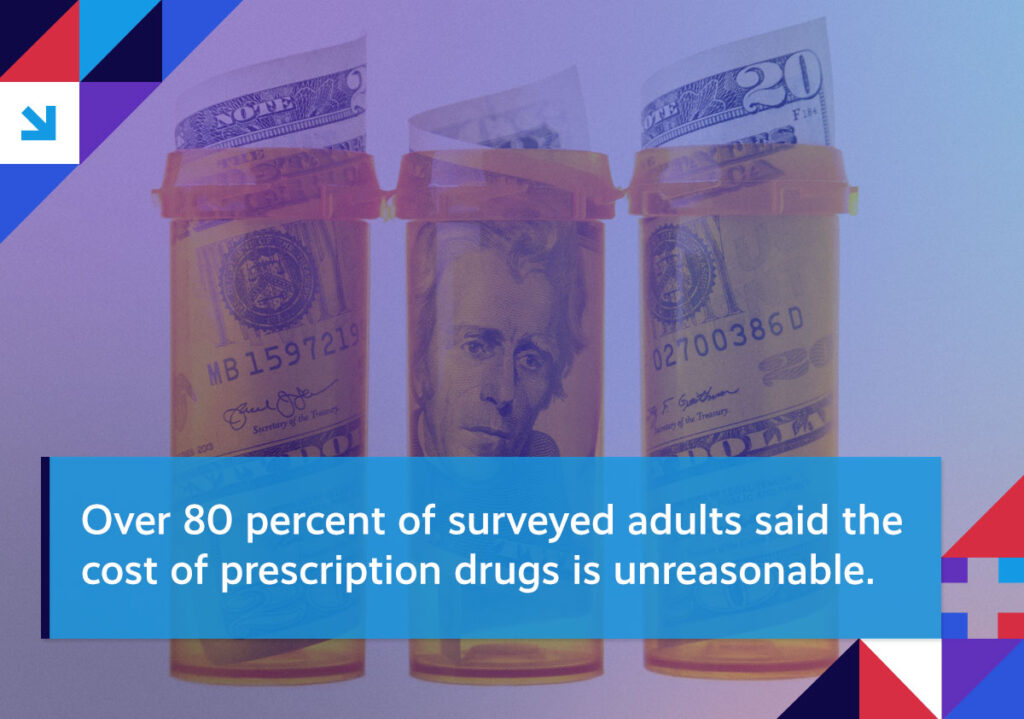A quick roundup of the issues driving the healthcare reform conversation.

Week in Review
SMALL BUSINESS OWNERS WANT DISHONEST BILLING TO BE FIXED
Quick takeaway: : Nearly 9 in 10 small business owners think the government should ban hospital “facility fees” and other unfair billing practices.
Digging Deeper: A majority of small business owners (58%) say they have been charged a hospital “facility fee” in addition to other charges on their hospital bill, according to new research by Small Business Majority. What it means Rising healthcare costs have forced many small businesses to change their employee benefit offerings and are impacting their business growth – nearly a quarter of those surveyed had dropped health coverage owing to higher costs – and around 21% reported having to raise prices on their goods and services as a result.

HARVARD-INOVALON STUDY: MA ENROLLEES LIKE BREADTH OF PLAN OPTIONS
Quick takeaway: A new study from Havard and Inovalon studied the many different plan options offered within Medicare Advantage (MA) and found MA’s incredible variety of plan options (average beneficiary gets 43 options) to be a key factor underlying the program’s growth.
Digging Deeper: The analysis also highlights why beneficiaries choose certain MA plans, with zero-premium plans being picked by more socioeconomically disadvantaged populations than higher-premium plans.
What it means: This research highlights the value of the MA program for millions of Americans who like the broad variety of plan types – especially those coming from socioeconomically disadvantaged communities.
ATTACKS ON PHARMACY BENEFIT MANAGERS WON’T REDUCE DRUG PRICES
Quick takeaway: EconomistIke Brannon, senior fellow at the Jack Kemp Foundation, highlights several state and federal efforts which would undermine the role pharmacy benefit managers (PBMs) play in reducing prescription prices.
Digging Deeper: In his piece, Brannon explains how pharmaceutical manufacturers have worked to enact regulation targeting PBMs, threatening to eliminate many of the tools they use to negotiate lower drug prices on behalf of health plans and employers.
What it means: Rather than piling unnecessary regulations onto PBMs, which would raise the price of prescriptions, Brannon argues that lawmakers should look to free-market solutions to allow PBMs to more effectively secure savings – such as allowing up-front, volume-based discounts for drugs (currently not allowed under the Robinson-Patman Act).
Spotlight

| You can keep up with the latest by following the Health Action Network on X and by liking us on Facebook. And, be sure to check us out on LinkedIn, too. As always, let us know if there’s something you’d like to see covered in a future newsletter. |
The Health Action Network includes everyday Americans—families, workers, businesses, patients, providers, neighbors, and friends. We are working together because we support market-based solutions that offer better healthcare choices and help build a stronger economy. The Health Action Network is an Elevance Health, Inc., initiative.
